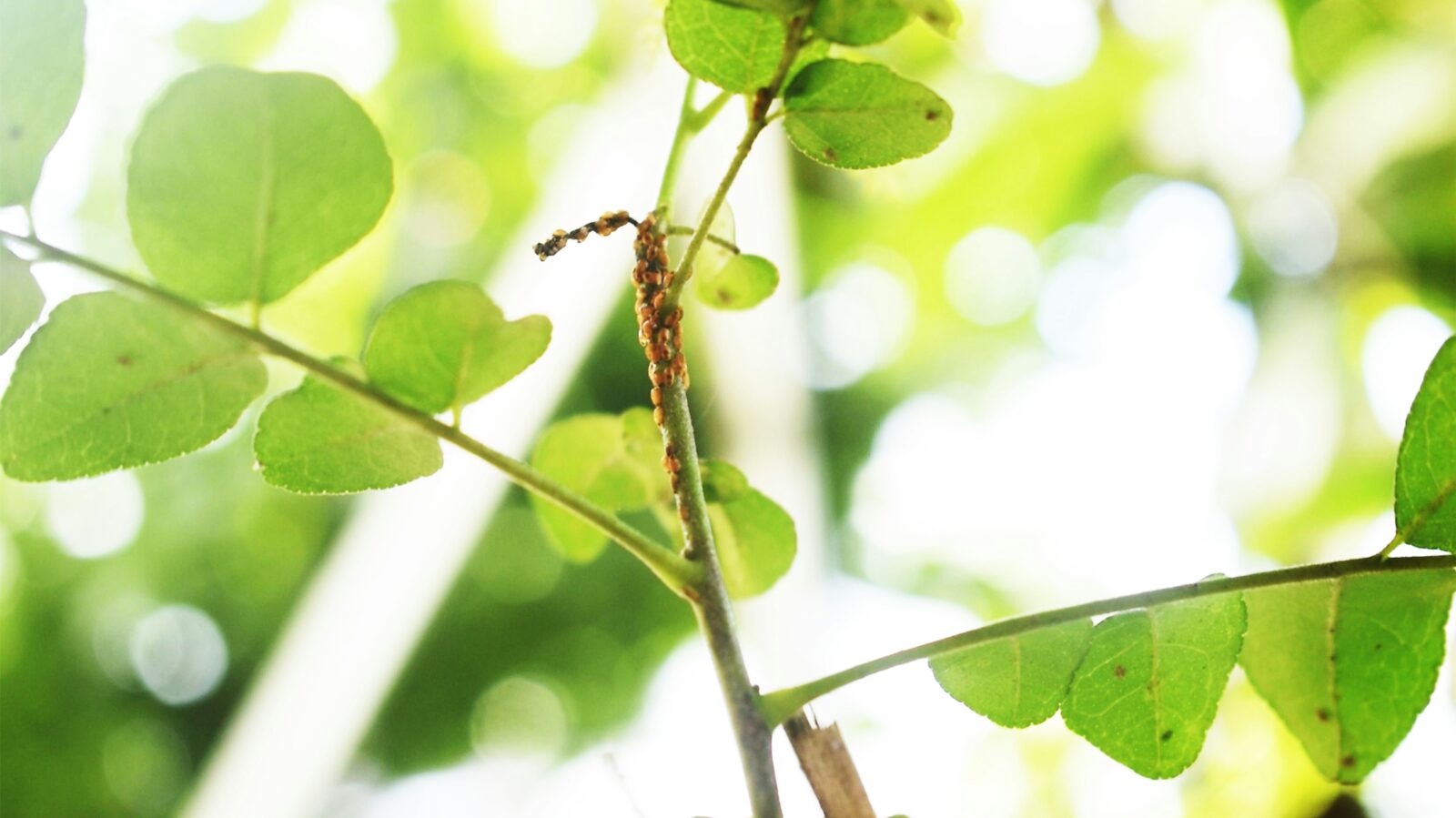There are many types of pesticides on the consumer market and whilst they may appear to give someone a quick fix to an issue, they are however only contributing to a huge decline on nature’s balance.
Pesticides are poisons or toxins that not only do intended immediate damage, but also leave powerful residues, and whichever way we look at it the use of pesticides is not selective. If you have an issue with aphids and you spray an insecticide formula on the area, it will not only be the aphids harmed but a host of other insects and wildlife, including pollinators. Furthermore, the garden is an eco-system and nature has its food chain, so not only are we altering the balance in nature, we are also contributing to pollution, biodiversity loss, habitat loss and introducing toxins to the soil, water and air.
THINK ORGANICALLY
Encouraging the use of organic pesticides in gardens is beneficial for numerous reasons. Environmentally, organic pesticides are typically biodegradable and less likely to cause harmful runoff that contaminates water sources, thus protecting aquatic life and maintaining cleaner waterways. They help preserve soil health by maintaining the balance of beneficial microorganisms and earthworms, which are crucial for soil structure and fertility.
In terms of human health, organic pesticides minimise the risk of exposure to harmful chemicals for gardeners, their families, and pets, fostering a safer gardening environment. Organic pesticides also support biodiversity by encouraging natural pest control mechanisms, such as beneficial insects and predatory species, which help maintain a balanced ecosystem.
By using organic pesticides, gardeners contribute to sustainable practices that reduce dependency on synthetic chemicals, promoting long-term environmental health and resilience. Additionally, organic gardening often aligns with eco-friendly and holistic approaches, enhancing the overall sustainability of gardening practices and supporting the health of both local and global ecosystems.
If you are having a particular issue in the garden, then think organically. Last year I planted three Euphorbia x martini ‘Ascot Rainbow’ and in their second year aphids are surrounding and stunting new growth. By using Andy Peasgood’s organic recipe to help using peppermint oil, where the peppermint oil acts as a repellent to the aphids as opposed to killing them.
Recipe for a 2000ml hand sprayer, adjust as needed.
2000ml of water
1tbs of dish soap
2tbs of olive oil
10-15 drops of peppermint oil
Top Tip: Put the dish soap in last and gently mix otherwise it’ll foam up.
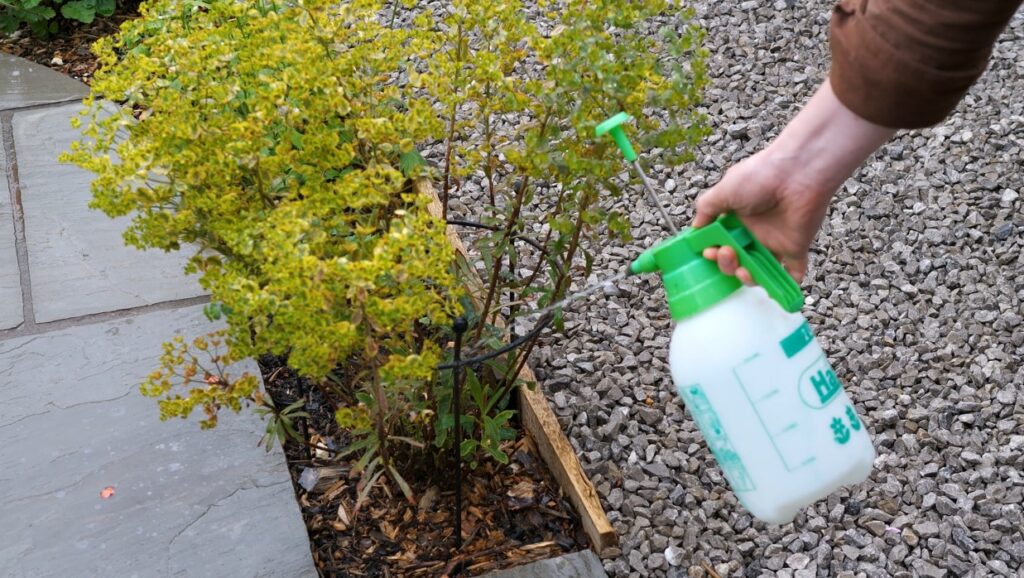
-
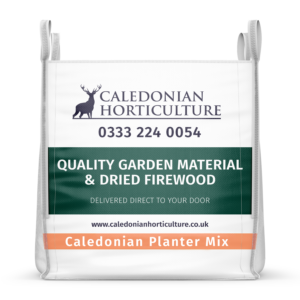 Builder’s Bag Planter Mix£79.00 inc VAT
Builder’s Bag Planter Mix£79.00 inc VAT -
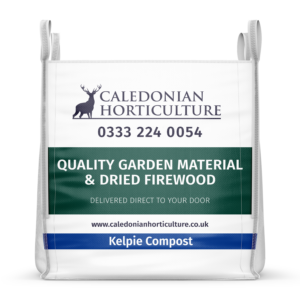 Builder’s Bag Kelpie Compost£72.00 inc VAT
Builder’s Bag Kelpie Compost£72.00 inc VAT -
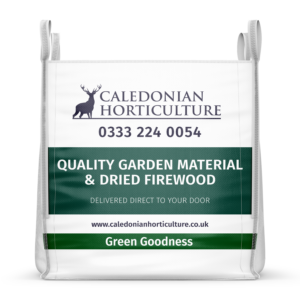 Builder’s Bag Green Goodness£52.00 inc VAT
Builder’s Bag Green Goodness£52.00 inc VAT

